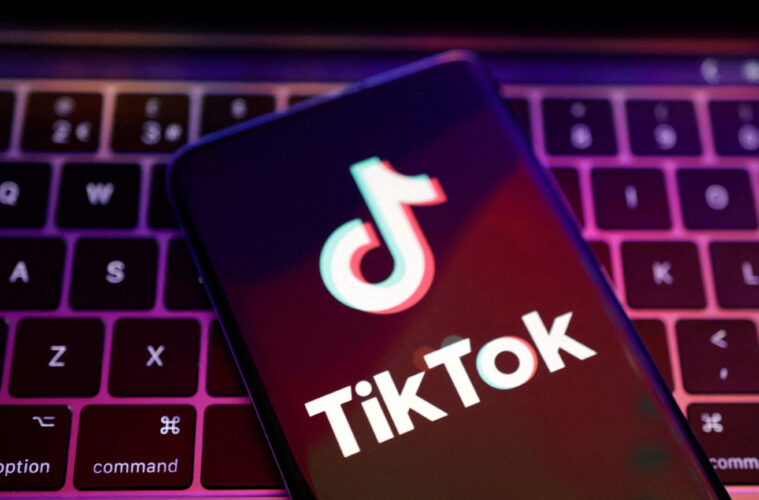Why Are They Trying To Ban Tik Tok
The movement to ban TikTok in the U.S. has gained momentum, driven by a myriad of national security and public welfare concerns associated with its Chinese ownership through ByteDance. These concerns encompass issues ranging from potential Chinese government surveillance to the app’s impact on children’s mental health, data privacy, and its potential to influence American public opinion.
Allegations of Chinese Government Influence Tik Tok
Key U.S. officials, including the FBI Director, have voiced apprehensions regarding ByteDance’s potential involvement in Chinese government surveillance or espionage activities. They cite laws that could compel Chinese companies to cooperate with governmental intelligence work, raising fears about user data misuse and TikTok potentially serving as a tool for Chinese government interests.

Tik Tok CEO Shou Zi Chew
Data Privacy and Security Tik Tok Ban
There’s growing concern over the security of American users’ data, with allegations suggesting that ByteDance could be coerced into handing over TikTok user data to the Chinese government. Such a scenario poses significant risks to personal privacy and national security. Despite TikTok’s claims of operating independently from the Chinese government and implementing stringent security measures, doubts persist about the safety of user data.
Tik Tok Bam: Impact on Children’s Mental Health
Ongoing investigations are probing whether TikTok’s content and usage patterns contribute to mental health issues among children. Concerns center around the app’s algorithms promoting prolonged engagement at the expense of users’ wellbeing. Although TikTok has taken steps to create a safer environment for young users, concerns about its impact on mental health linger.
Potential for Misinformation and Influence Tik Tok
The control over TikTok’s recommendation algorithms raises concerns about the platform being exploited for large-scale influence operations, including the dissemination of misinformation. The potential for any entity, especially one associated with a foreign government, to manipulate public discourse through social media is a significant worry for U.S. authorities.
The push to ban TikTok in the U.S. unless the Chinese owners sell it, reflects broader anxieties about technology’s societal role, the safeguarding of personal data, and the geopolitical implications of social media platforms owned by companies based in countries with differing values and laws regarding privacy and state surveillance. As the debate continues, balancing national security concerns with the principles of free speech and innovation remains a complex challenge for policymakers.
Published by HOLR Magazine.
Feature Image Credit:


